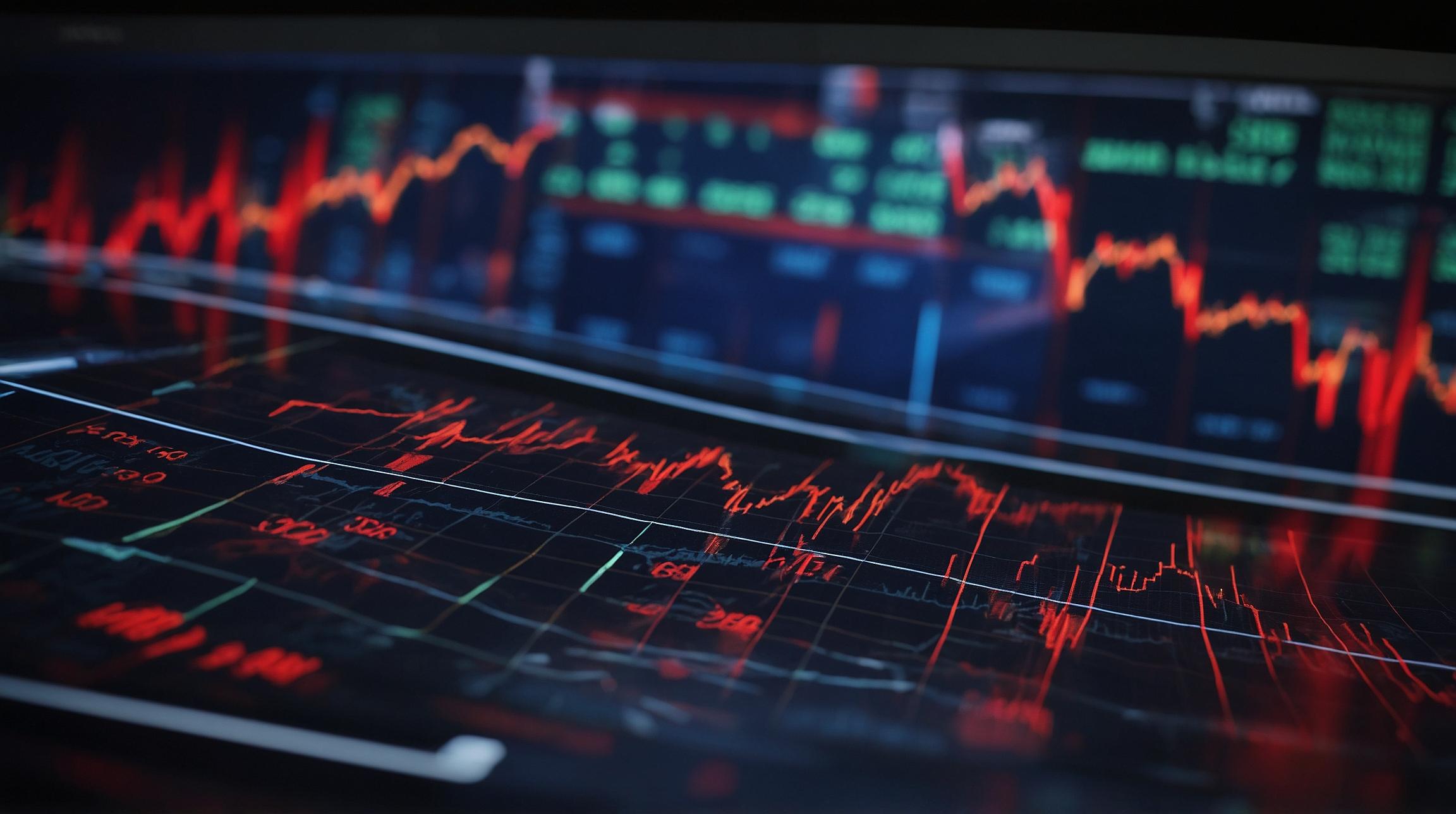Apple Unveils iPhone 17 Series Globally Amid Competitive Pressures
Apple’s latest smartphone lineup, including the iPhone 17 Pro, iPhone 17 Pro Max, and the iPhone Air, officially launched worldwide on Friday, accompanied by new Apple Watch and AirPods models. The global release marks a critical moment for Apple as it contends with intensifying competition, particularly in the Chinese market, and growing scrutiny over its artificial intelligence (AI) strategy.
Strong Demand and Competition in China
In China, one of the world’s largest smartphone markets, consumer enthusiasm was evident with customers lining up for hours—and in some cases overnight—to purchase the new devices. At the Apple flagship store in Beijing’s Sanlitun district, early buyers expressed excitement over the iPhone 17’s refreshed design and enhanced heat dissipation features. Notably, many customers, including recent converts from Huawei and Xiaomi, cited preference for Apple’s operating system and entertainment capabilities.
Despite this enthusiasm, Apple’s market share in China has declined to approximately 10%, trailing local competitors such as Oppo, Huawei, and Xiaomi, according to Omdia data. The company’s iPhone models previously dominated the region, but shifting consumer preferences and aggressive local competition have eroded its position.
Nevertheless, early indicators suggest a positive trajectory for the iPhone 17 series in China. E-commerce giant JD.com reported that preorder volumes for the iPhone 17 series exceeded those for the iPhone 16 during the same initial period last year. Additionally, trade-in sales on the platform were four times higher compared to the previous launch window.
Global Reception: Singapore and London
Outside China, affluent markets like Singapore saw significant consumer interest, with long queues at Apple stores. Customers highlighted the iPhone 17’s improved battery life, camera enhancements, and new design as key reasons for their purchases. Similarly, in London, demand outpaced last year’s iPhone 16 launch, with a pronounced preference for the Pro and Pro Max models.
Beyond smartphones, Apple’s AirPods Pro 3 also attracted buyers, particularly for features like live translation. Consumer feedback and preorder metrics point to initial global demand surpassing expectations, especially for the base iPhone 17 model, which maintains previous pricing despite upgraded storage capacity.
Challenges in Artificial Intelligence Strategy
While the iPhone 17 launch has garnered positive attention, Apple faces pressure to enhance its AI offerings. Industry analysts have noted that Apple’s AI rollout since late last year has been less impactful than anticipated. Ben Wood, chief analyst at CCS Insight, remarked on CNBC’s “Squawk Box Europe” that Apple needs to accelerate its AI development to meet market expectations, highlighting that the company had “dropped the ball” on earlier promises.
Wood emphasized that Apple has some runway to catch up but must deliver concrete AI advancements to sustain investor confidence and compete effectively against rivals advancing rapidly in this space.
Outlook
The successful launch of the iPhone 17 series could reinforce Apple’s position amid a challenging competitive landscape, particularly in China. However, the company’s ability to integrate and innovate within artificial intelligence remains a critical factor to watch as it navigates evolving consumer demands and technological trends.
FinOracleAI — Market View
The iPhone 17’s strong initial sales and positive consumer reception, especially in China and key global markets, suggest a positive near-term impact on Apple’s revenue and market positioning. However, the company’s lagging AI strategy presents a risk that could affect longer-term growth if competitors capitalize on this gap. Investors should monitor updates on Apple’s AI developments and subsequent product integrations, as well as ongoing market share dynamics in China.
Impact: positive













